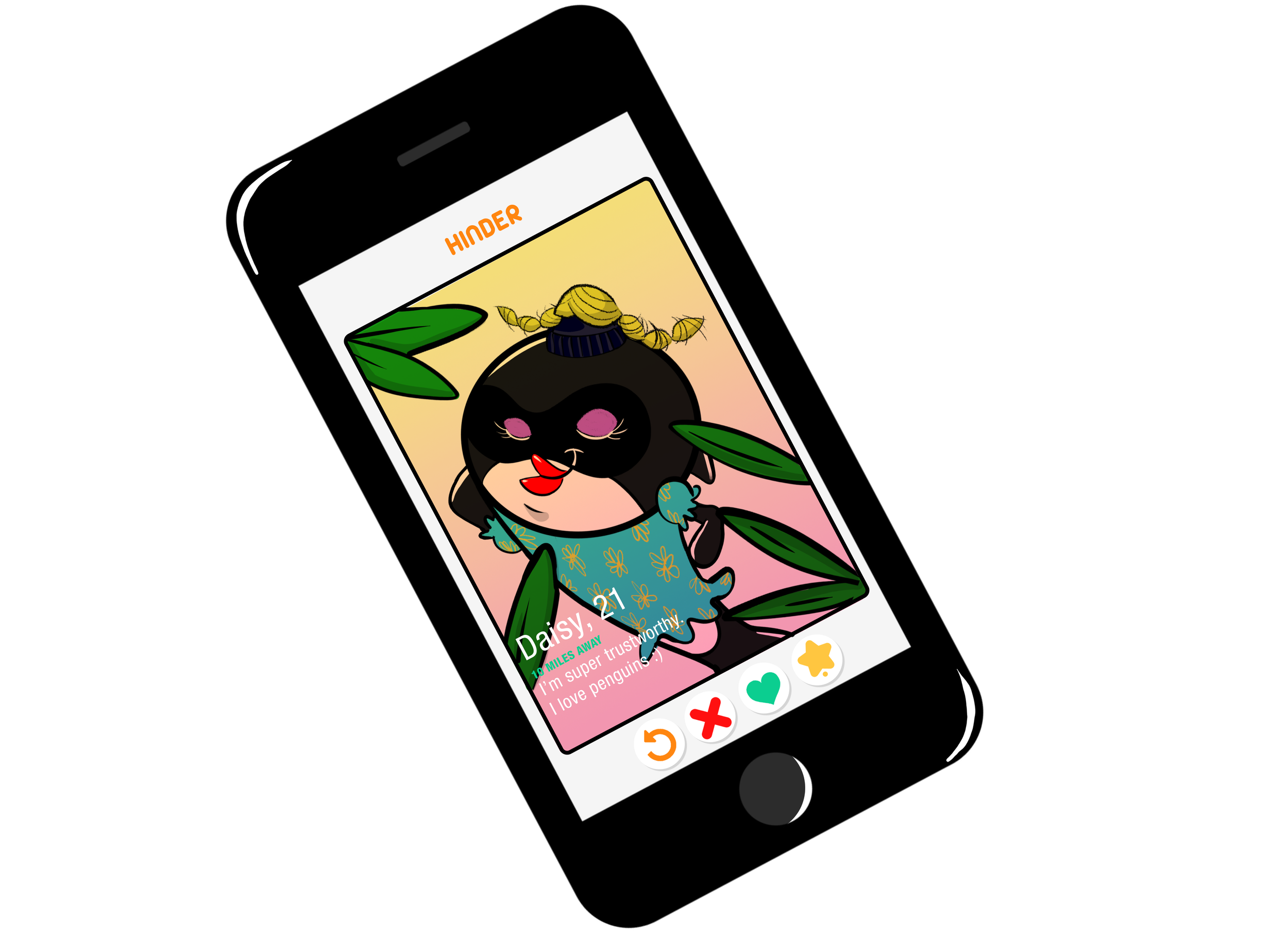
Catfishing
PopCykol Tip
Catfishing is when someone pretends to be someone else by creating a fake online identity to lure a person into a relationship, mostly romantic in nature.
What is Catfishing?
Why is Catfishing hazardous?
You can be exploited, trafficked, kidnapped, harmed, or killed by someone you believe you can trust. You can also be cyberbullied should you be exploited for someone else’s evil purposes. This can affect emotional safety and mental health.
A predator uses a sock puppet to invade your personal life for their own purposes, like financial benefit, or to cause bodily harm. Abductors, kidnappers, and pedophiles may pretend to be teenagers in order to develop relationships with minors.
They can pretend to be kids too and encourage their targets to share intimate information that later is used to lure them into a meeting. These meetings are dangerous because they could result in assault or abduction.
This can lead to cyberbullying where someone collects information from you while pretending to be someone else so they can embarrass you or your family and hurt your reputation.
Who conducts Catfishing?
Want this PopCykol Tip?
Click the icon to download
When should an adult get involved in a Catfishing scheme?
Paying attention is critical to the health of a child or relative. A parent should be involved and engaged in who their child is talking to online. How does that communication appear?
Is it appropriate? Is it respectful? Is the communication asking more than what would be age- appropriate for a minor?
In the case of an adult, who can also get catfished, is the predator asking for gifts of money, gift cards, and personal information? Is there a significant financial loss to their banking?
Catfishing occurs online through social media platforms, chats, online dating sites or apps, forums, gaming, virtual reality, and while in the Metaverse. As a reminder, in a virtual space, an avatar may not represent the person you think you’re communicating with so be careful.
Where should you look out for Catfishing?
DO
1. Pay attention and engage with what a child or loved one is doing online and with whom.
2. Contact authorities if you believe a person is a predator or attempting to steal money for their own personal gain.
3. Document your interactions with the predator/abuser.
DON’T
1. Share personal information, like your home address and other personal identifiable information.
2. Send gifts or money to someone you have only met online. Verify in multiple places the person’s identity.





